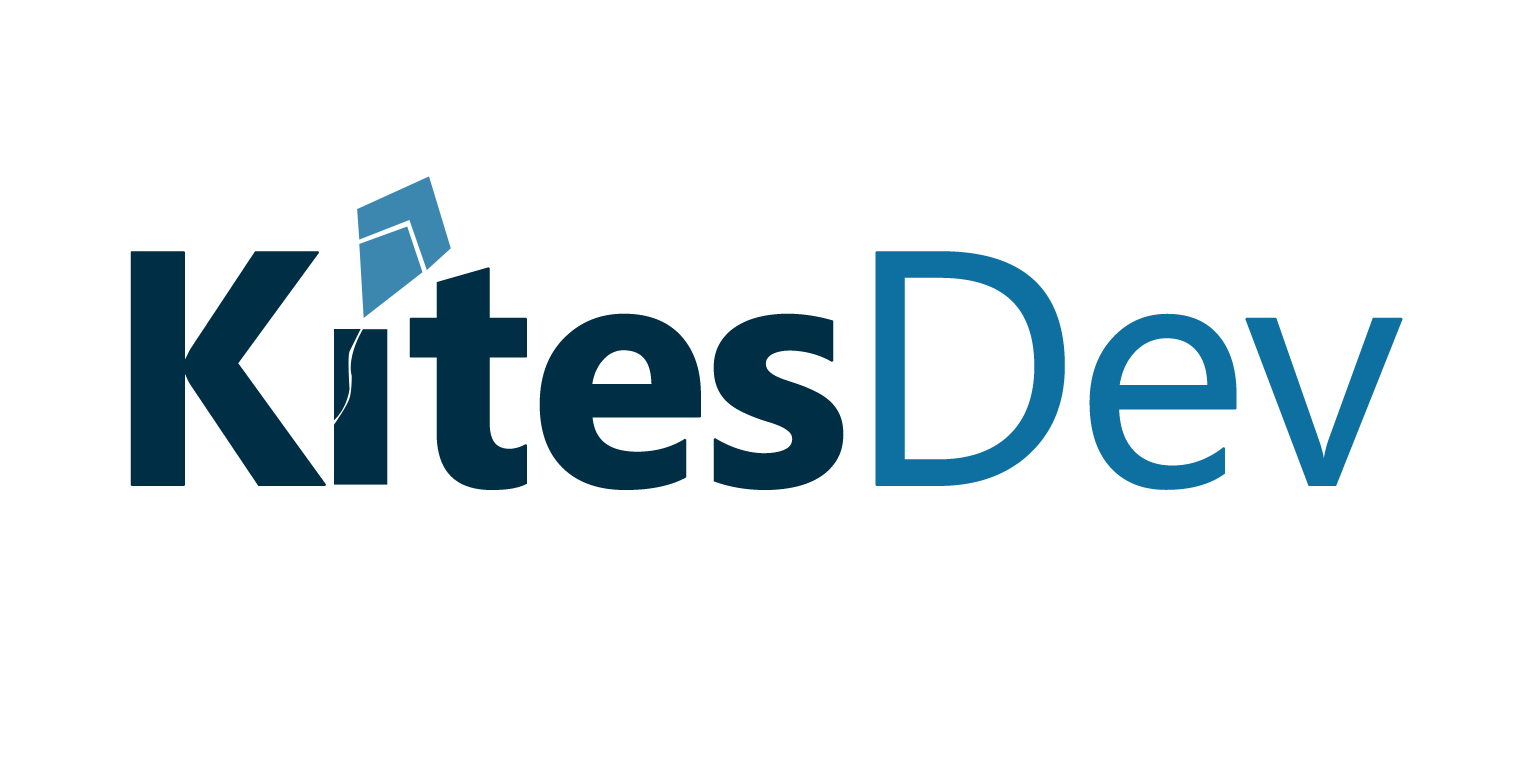How the Human Brain Affects Scientific Discoveries
The human brain is an incredibly complex organ, capable of making connections and associations that often lead to scientific breakthroughs. Scientists have long sought to understand how the human brain works and why it is able to come up with such innovative ideas. Recent research has shown that the human brain has a major role in the discovery and development of scientific knowledge.
The Power of the Brain
The brain is powerful in its ability to take inputs from the environment and create a unique understanding of the world. Through the process of learning, the brain is able to identify patterns, recognize relationships and link disparate ideas together. This process of making connections can lead to the formulation of theories and the development of insights that could not have been reached without the power of the human brain.
For example, Albert Einstein famously formulated his theory of relativity through an imaginative process that drew upon his understanding of the physical world. His insights into the nature of space and time were based on his ability to make connections between seemingly disparate ideas. Without his genius, this revolutionary scientific breakthrough would not have been possible.
The Role of Intuition
Another way that the brain can help in the process of scientific discovery is through the use of intuition. Intuition is the ability to make a decision, or form an opinion, based on a feeling rather than facts or logic. This can be a useful tool in the process of scientific discovery, as it can help scientists to make connections between ideas that may not be obvious at first.
For example, Isaac Newton famously made the connection between the law of gravity and the motion of the planets based on an intuitive understanding of the universe. He was able to develop a theory that explained the motion of the planets without relying on any observable data. This demonstrates the power of intuition in making scientific discoveries.
The Limitations of the Brain
Though the human brain is powerful in its ability to make connections and develop insights, it does have its limits. It is difficult for the brain to make sense of data that is too complex or too large. This is why scientists often rely on computers to crunch data and identify patterns that the human brain is not capable of detecting.
In addition, the brain is limited in its ability to make predictions about the future. This is why scientists often rely on experiments and observations to establish relationships between different phenomena. Without the ability to make predictions, scientific discoveries would be much more difficult to make.
Conclusion
The human brain is a powerful tool in the process of scientific discovery. Its ability to make connections and understand relationships can lead to innovative ideas and revolutionary theories. In addition, intuition can help scientists to make connections that are not obvious at first. However, the brain does have its limitations, and scientists often need to rely on computers or experiments to make complex predictions or identify patterns.




